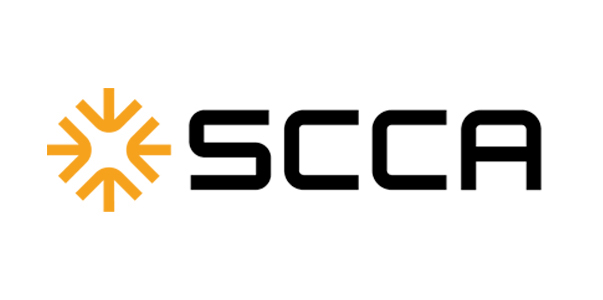CALIFORNIA SUPREME COURT RULES THAT ONE WHO HIRES
INDEPENDENT CONTRACTOR IS NOT LIABLE FOR INJURIES SUSTAINED BY
EMPLOYEES OF THE INDEPENDENT CONTRACTOR EVEN IF THE HIRER
FAILED TO COMPLY WITH WORKPLACE SAFETY REQUIREMENTS
It has long been the policy of California courts that when employees of independent contractors are injured in the workplace, they cannot sue the party that hired the contractor to do the work, except in limited circumstances. In the very recent case of SeaBright Ins. Co. v. US Airways, Inc., decided August 22, 2011, the Supreme Court extended this policy to exclude liability to the hirer even if the hirer failed to comply with the workplace safety requirements which concerned the precise subject matter of the contract, and the injury occurred as a result of that failure.
Although prior California cases have carved out an exception to that general policy and permitted an independent contractor’s employees to sometimes recover for injuries from the contractor’s hirer if the hirer retained control of the contract work and failed to exercise his control with reasonable care in a manner that affirmatively contributed to the injury, recent decisions have concluded that when a party contracts with an independent contractor to perform a task, it in effect delegates responsibility for performing that task safely, and assigns that responsibility to the independent contractor; and such delegation and assignment cuts off any liability to the hirer.
It was that theory of delegation and assignment that weighed heavily in favor of the Court’s ruling that the hirer is not liable for the independent contractor employee’s injuries even if the hirer’s failure to comply with the workplace safety requirements was the cause of the employee’s injuries. The Court also took into consideration that the cost of workers’ compensation insurance for an independent contractor’s employees is presumably included in the contract price the hirer pays to the contractor, and therefore the hirer indirectly pays for that insurance. The Court also noted it would be unfair to permit an injured employee to obtain benefits over and above his/her workers’ compensation benefits which would not be available to other employees who did not happen to work for a hired contractor, e.g., employees of the hirer.
It appears this Court has effectively cut off any exceptions to the policy that an employee’s sole remedy for compensation for injuries incurred on the job are those provided through the employer’s workers compensation insurance policy and workers compensation laws.


















